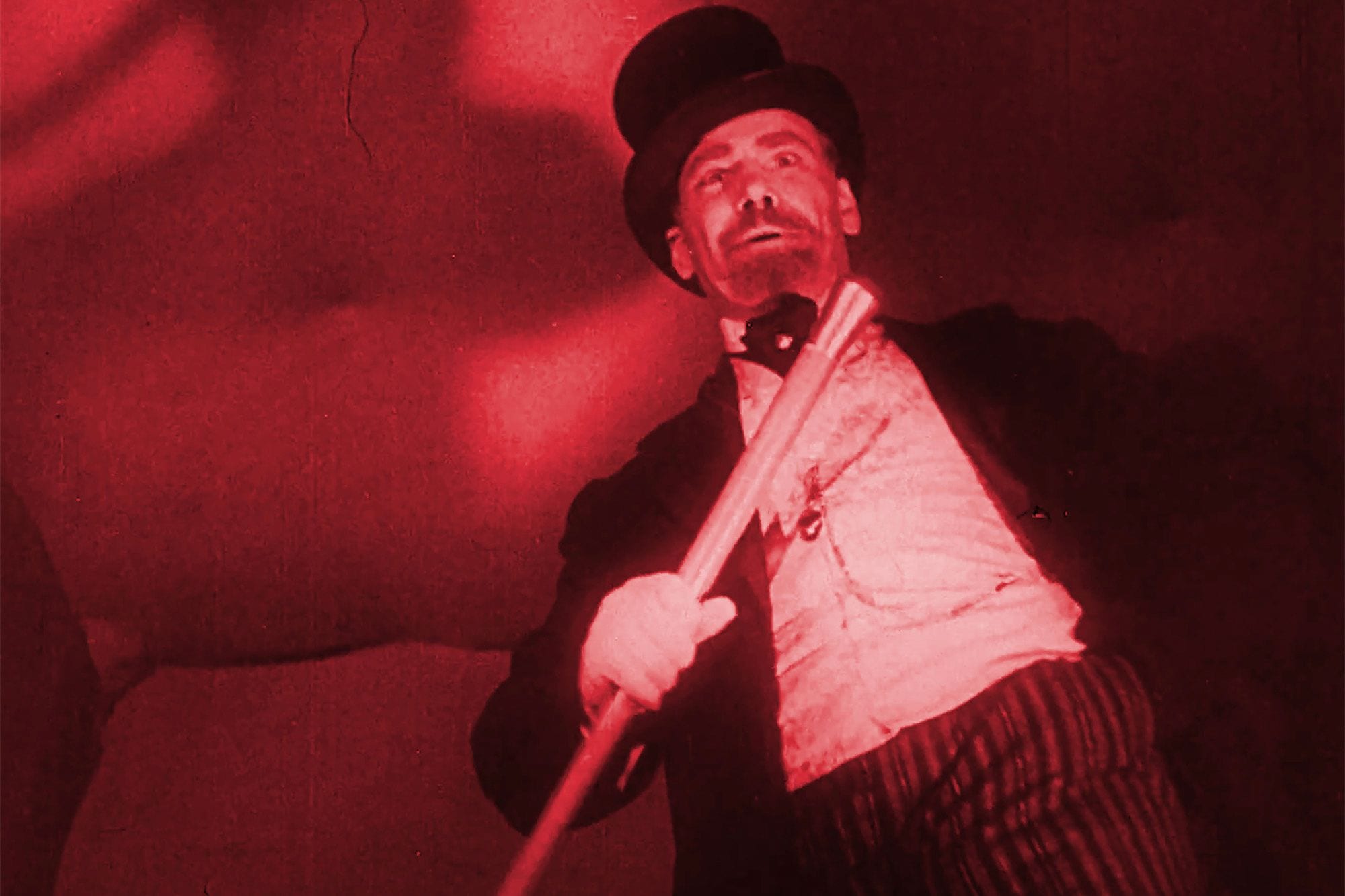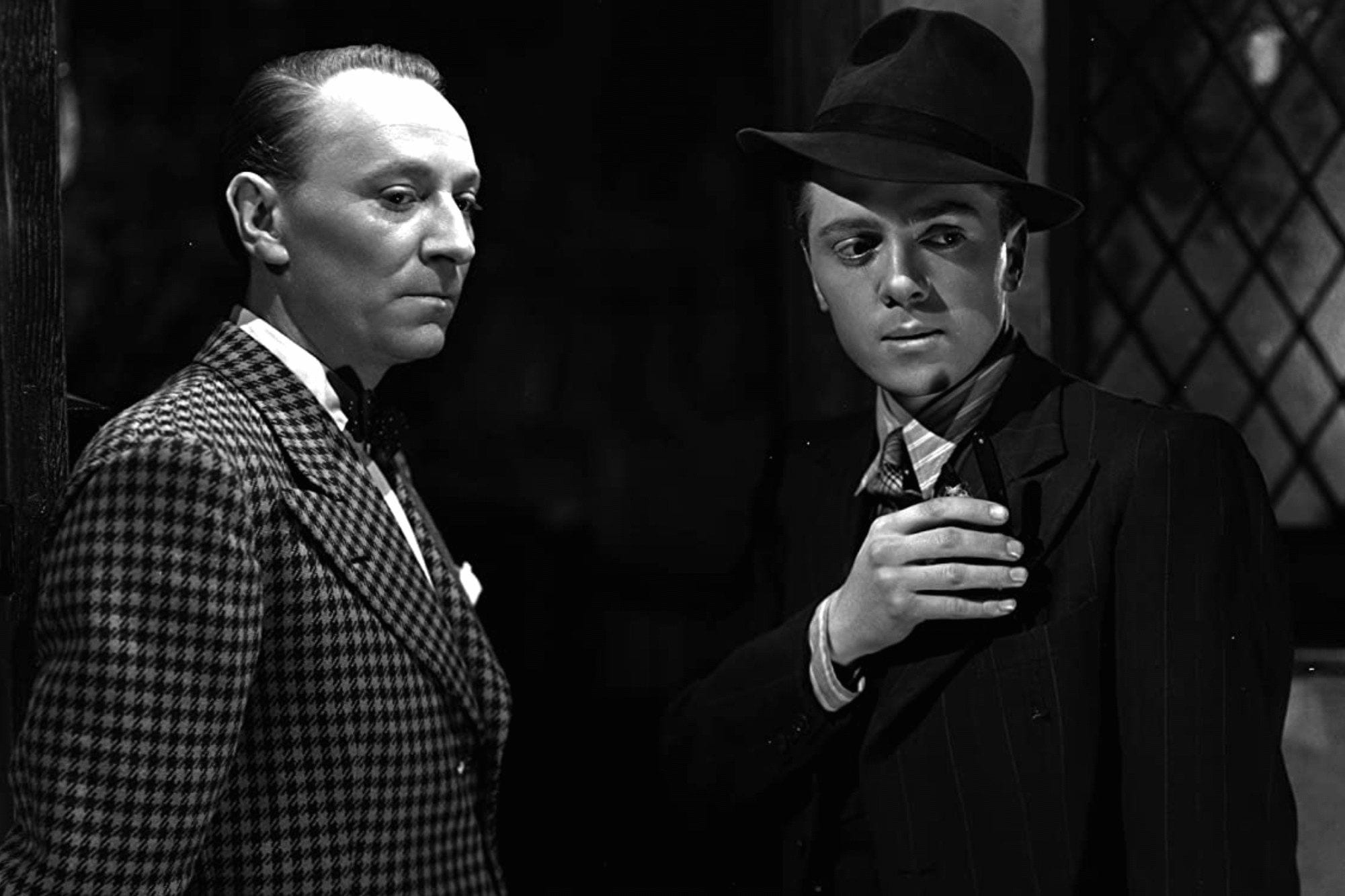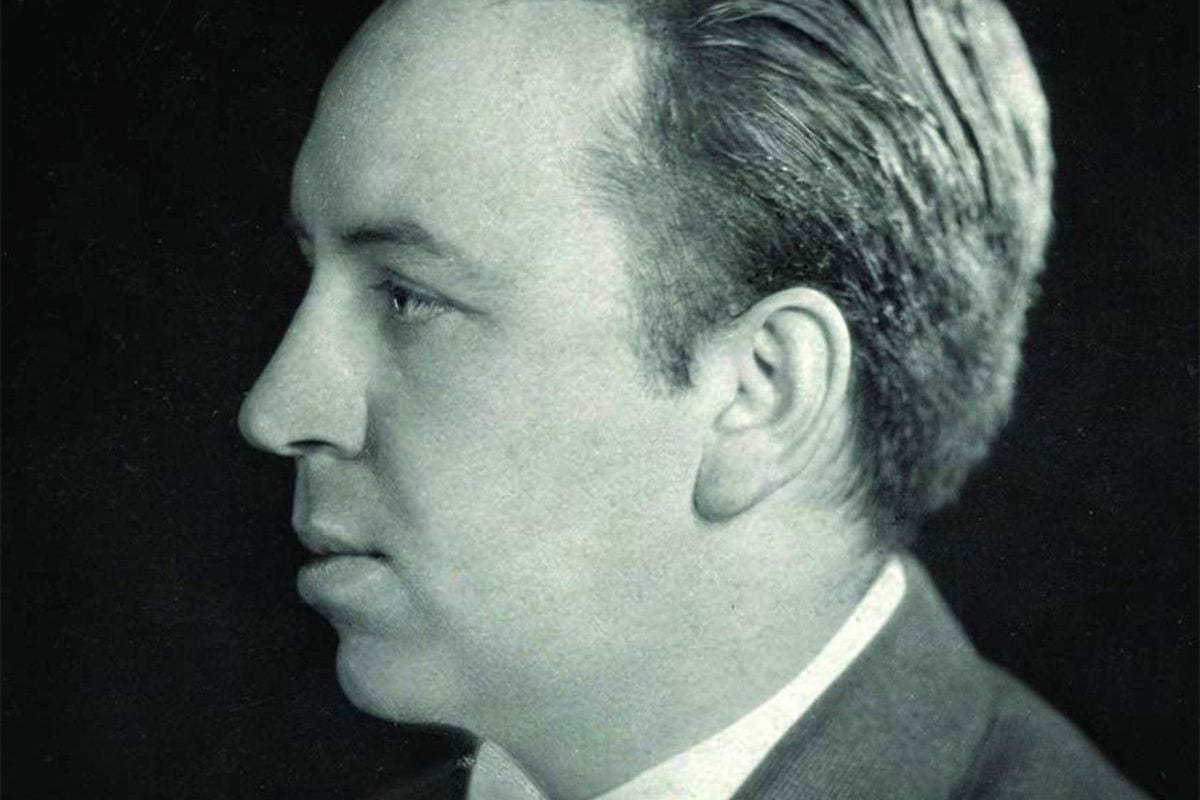
Huxters and Do-Gooders and the “Forbidden Fruit” Film Series
Have a peak behind the censored curtain, if you dare, with provocative exploitation films Marihuana,Narcotic, Tomorrow’s Children, and Child Bride.

Have a peak behind the censored curtain, if you dare, with provocative exploitation films Marihuana,Narcotic, Tomorrow’s Children, and Child Bride.

The passage of time tends to make old films more interesting, such as these seven films of the late '40s and '50s from British directors John Boulting, Carol Reed, David Lean, Anthony Kimmins, Charles Frend, Guy Hamilton, and Leslie Norman.

The works of silent filmmakers Alice Guy Blaché and Julia Crawford Ivers were at risk of being forever lost. Kino Lorber offers their works on Blu-Ray. Three cheers for film historians and film restoration.

Russell Rouse's The Oscar is fabulously gaudy and kitschy, with overdone sets and costumes. The film practically hyperventilates in mood, story, and acting. You should see it.

Justin Pemberton's film version of Thomas Piketty's landmark book on the dangers of today's yawning income inequality, Capital in the 21st Century, is more TED Talk than documentary, but it's a handy summary nonetheless.

Something portentous comes out of quiet ordinary postwar English life: three schizoid noirs from directors Carol Reed, Roy and John Boulting, and Tharold Dickinson.

Hitchcock's silent films demonstrate that he was not only a master of visual storytelling but confidently made silents as though they had sound effects.

Preston Sturges' classic Hollywood comedy The Great McGinty is an incisive and bold political satire that explores the ridiculous depths of American corruption—80 years before the Trump era.

The movements of the camera in Melville's Un flic attempt to overcome one of the most inscrutable divides in existence.

The Ealing name has been revived in the new century, but film buffs will always regard its incandescent era as that period when it held up a scrappy and schizoid mirror to postwar England's depressions and aspirations.

The early Ida Lupino films hold a particular nuance for female characters and the textures of their everyday lives, which has rarely been exhibited in classical Hollywood filmmaking.